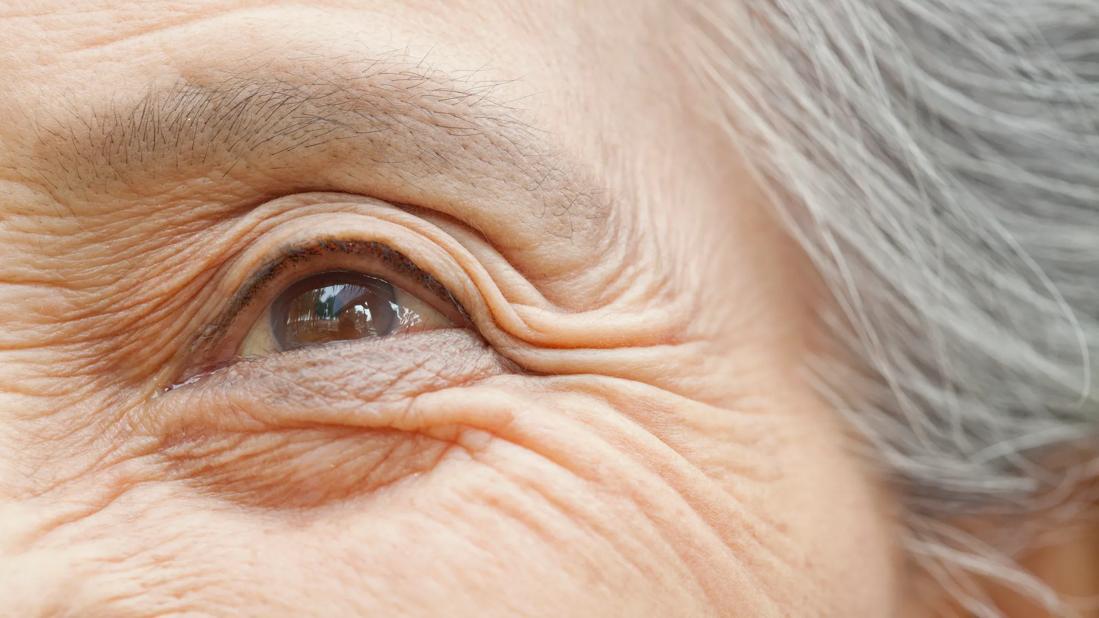Biological Age: What It Is and How You Can Measure It
Your cells and tissues may be aging faster or slower than your actual age

It’s a common expression: “You’re only as old as you feel.” And we all know people who bear this out in their daily lives. But is it really possible to defy the calendar?
Turns out, the answer is yes.
“Your chronological age — how long you’ve been alive — is not as strong a predictor of health as you might think,” says family medicine provider Saadia Hussain, MD. “Your biological age is a more accurate measure of how fast your cells, tissues and organs are aging.”
Dr. Hussain explains all about your biological age and steps you can take to slow the aging process.
What is biological age?
Scientists define biological age as “an accumulation of cellular damage over time” — how much damage has happened to your cells over the years. This damage occurs naturally with age. Other factors that affect your biological age are your genes, habits and physical environment.
“Think of biological age as a reflection of your overall health and potential longevity,” says Dr. Hussain. Older biological age is linked to earlier development of chronic diseases, such as:
How biological age is determined
The concept of biological age comes from a 1969 paper by British physician Alex Comfort.
“Over the years, researchers have studied many ways to measure a person’s biological age,” says Dr. Hussain. “One of the most common markers used today is DNA methylation, an idea first published in 2013.”
DNA methylation occurs when small groups of chemicals called methyl compounds attach to the DNA in your cells. Methylation doesn’t affect the DNA sequences. But it can disrupt cell functions, especially those related to aging and age-related diseases. The amount of DNA methylation in your cells is then used to calculate your biological age — aka your epigenetic clock.
Another way to estimate biological age is to use standard blood tests and physical characteristics. Researchers have developed complex equations (algorithms) that combine various clinical measurements, such as:
- Blood pressure
- Blood sugar
- Cholesterol levels
- Heart rate
- Height and weight
Are commercial biological age tests worthwhile?
Biological age estimates are widely used in aging research. But they’re not part of routine medical care yet, notes Dr. Hussain. This isn’t something you’ll get at your annual physical.
Despite this, biological age testing is widely available online. You send in a blood or saliva sample, pay several hundred dollars and then, get results sent to you that tell you your biological age.
So, should you spend your hard-earned money to find out where you stand? Dr. Hussain advises caution. “It’s not clear how reliable these tests are,” she says. “Also ask yourself whether the results will change how you live your life.”
What if you find out your body is aging faster than your chronological age? Will it inspire you to change your habits? If the answer is yes, then a test may be helpful — a way to jump-start some healthy living changes. But you can also make these changes without the test.
Can you improve your biological age?
“The steady march of time affects us all,” poses Dr. Hussain. “But there are many things you can do to slow the clock. That’s true even if you don’t know exactly how ‘old’ you are.”
It’s all about treating your body well, using time-tested strategies, like:
- Eating healthy foods. The best foods for antiaging are fruits and vegetables, whole grains, healthy fats and lean proteins. If you’re not sure where to start, try the Mediterranean diet. This eating style has many proven health benefits, including increased life expectancy.
- Exercising regularly.Research shows that exercise can help you live healthier and longer. How much exercise do you need? Experts recommend at least 150 minutes of moderate-intensity aerobic exercise per week, plus two sessions of strength training.
- Getting a good night’s sleep. Poor sleep can contribute to aging. One study found that nearly 8% of deaths are associated with poor sleep patterns. To be your best — and live longer — aim for seven to nine hours of sleep each night.
- Reducing stress. Chronic stress wreaks havoc on your body and can accelerate aging. Exercise, good nutrition and sleep can lower stress. (Yes, they’re all related.) Other stress busters include mindfulness, meditation and yoga.
- Quitting smoking. Smoking takes years off your life. But there’s evidence that quitting at any age can stop that process and help you live longer.
Making lifestyle changes can seem overwhelming. But you don’t need to do it all at once — or alone. A healthcare provider or dietitian can help you get started and stay on track.
Can medications slow biological aging?
Longevity scientists are searching for medications that might slow aging.
“There’s a lot of misinformation out there and people looking to take your money,” states Dr. Hussain. “But there are some promising drugs.”
No medications are currently approved by the U.S. Food and Drug Administration (FDA) for antiaging use. Some are currently being studied. But this research takes time.
For now, be cautious of any supplement marketed as having anti-aging effects and stick to healthy habits instead.